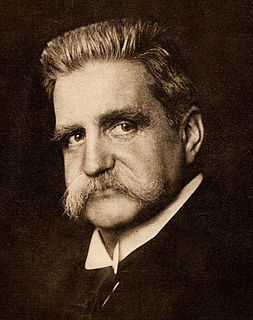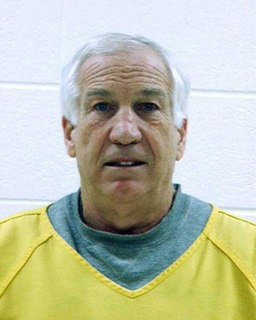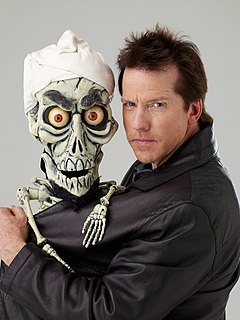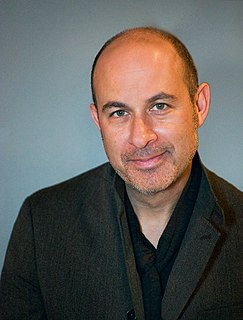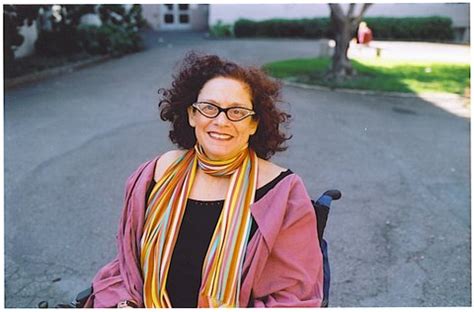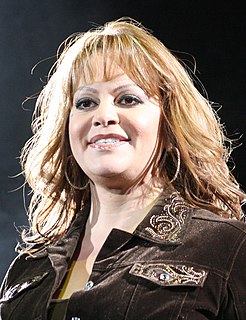A Quote by Jello Biafra
In many ways, I have no idea what would have become of me if punk hadn't happened, because the '70s turned out to be so stale, and so boring, and so backward compared to what had come just before. We were too young to have fully experienced the '60s and the fervor of the anti-war movement.
Related Quotes
When I began writing poems, it was in the late 60s and early 70s when the literary and cultural atmosphere was very much affected by what was going on in the world, which was, in succession, the civil rights movement, the antiwar movement, and the women's movement in the 60s, 70s, and into the early 80s. And all of those things affected me and affected my thinking, particularly the Vietnam War.
Yes, the '60s went too far, but we were trying to find new ways, better ways, to do things. And great seeds were planted: civil rights, the peace movement, the environmental movement, feminism. They're big seeds. They take a long time to come to fruition. Please, let's stop fighting, and get out our water cans.
In terms of - my relationship with so many, many young people. I would - I would guess that there are many young people who would come forward. Many more young people who would come forward and say that my methods and - and what I had done for them made a very positive impact on their life. And I didn't go around seeking out every young person for sexual needs that I've helped. There are many that I didn't have - I hardly had any contact with who I have helped in many, many ways.
When I was a kid, a lot of my parents' friends were in the music business. In the late '60s and early '70s - all the way through the '70s, actually - a lot of the bands that were around had kids at a very young age. So they were all working on that concept way early on. And I figured if they can do it, I could do it, too.
I had to leave some traces. In the beginning, I would give complete instructions to the photographer. In the '70s, people would come to photograph your work and you would just end up with this crazy material that had nothing to do with your work; maybe I'd pick up two or three photographs that were the closest to the idea. This is why when you look at the '70s, you see much less documentation and really bad material. The material will become misleading to what the piece was.
My dad and mom were more like World War II-era parents, even though it was the 1960s, because they were both born in the '40s. They were young adults before the '60s even happened, and married, and already having kids. But by the time we were adolescents in the '70s, the whole culture was screaming at parents, "You're a good parent if you're open with your kids about sex." They attempted to be open with us about sex, and it made them want to die, and consequently, it made us want to die.
I was a kid in the third grade ... saw a dummy in the toy store. In the '60s and '70s there were a lot of those vinyl ventriloquism dummies - just about every toy store had one. Everyone close to my age that I've talked to, especially guys for some reason, tell me that they had one too, but they said they never could do it. So many people come up to me and say that. It was just something that I thought was cool. I started doing book reports with it - I developed the skill. I easily got A's on all my reports. It was just something that a little kid grasped on to - so I stuck with it.
If I had the opportunity to speak to a young immigrant girl that just arrived to the U.S. the advice I would have for her would be: ask, speak, search; because there are opportunities out there. And, know that you aren't the only immigrant or the last to come to this country. Many that have come before you have succeeded. It is possible.


